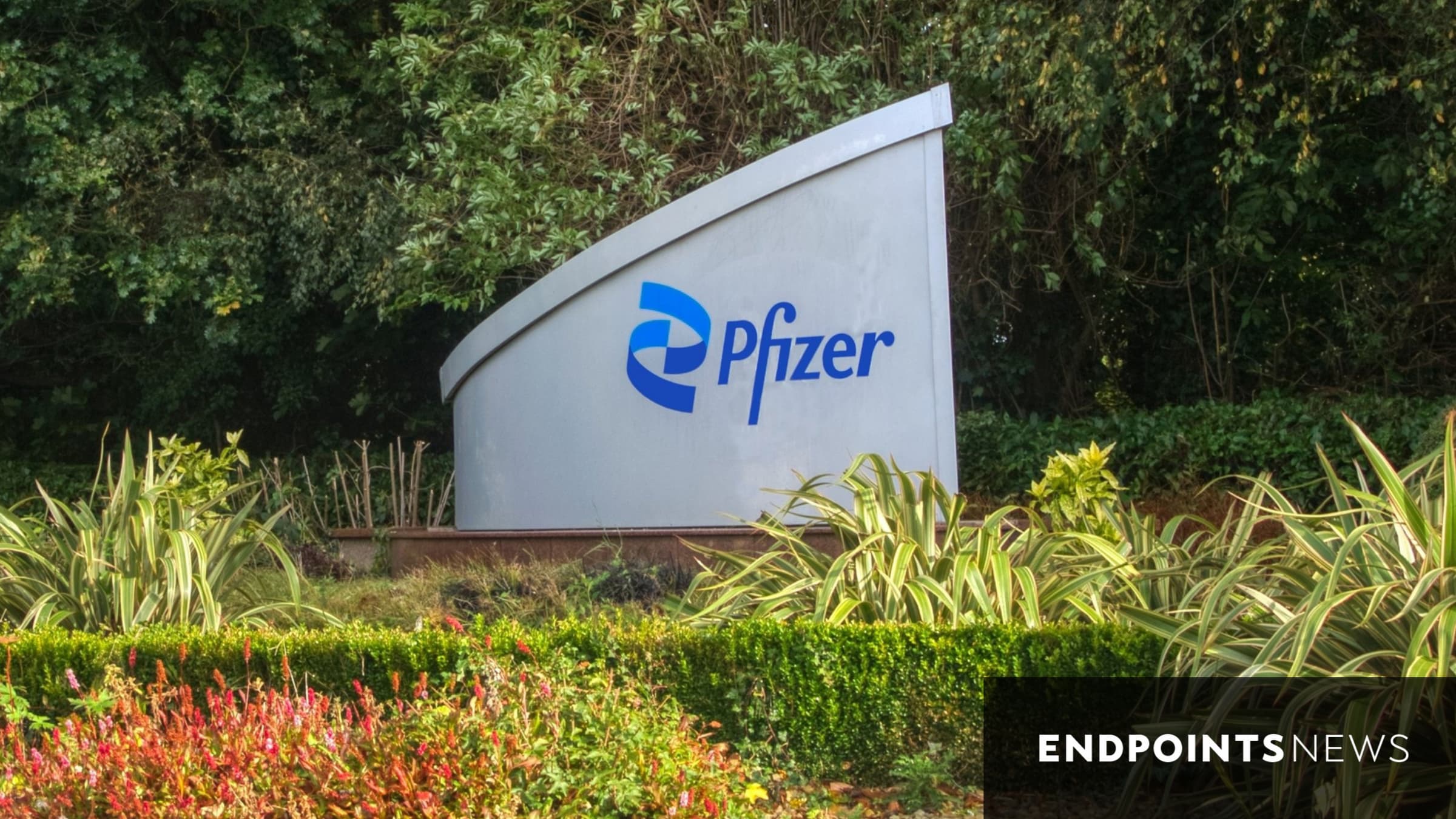Welcome BioPharmaPulse Readers
Welcome to this issue of BioPharmaPulse! As we navigate the rapidly evolving landscape of biopharmaceutical innovation, I'm excited to share the latest breakthroughs and developments that are shaping the future of healthcare.
What's in this issue:
- 🚀 Discover how Pfizer's new combination therapy is doubling survival rates in colorectal cancer patients.
- 🧬 Learn about the mixed results from Sanofi and Regeneron's COPD drug trials and what it means for the future of respiratory treatments.
- 🌐 Explore the latest advancements in precision gene-editing and its potential to revolutionize medicine.
- 🧠 Get insights into Roche's promising multiple sclerosis therapy and its impact on patient outcomes.
Inspiration of the Day
"The only way to discover the limits of the possible is to go beyond them into the impossible." – Arthur C. Clarke
Latest Developments
🧬 Pfizer's Braftovi Combo Doubles Survival Time for Some Colorectal Cancer Patients (2 minute read)

Rundown: At the ASCO 2025 conference, Pfizer announced that its combination therapy involving Braftovi has significantly improved survival rates in certain colorectal cancer patients. The therapy, when combined with other cancer drugs, reduced the risk of death by half compared to standard treatments.
Key Points
- 🔬 Braftovi combination therapy showed unprecedented survival benefits.
- 📊 Patients experienced a median overall survival improvement.
- 💊 The therapy targets specific genetic mutations in colorectal cancer.
- 🌐 This advancement may change the standard of care for these patients.
Why it matters: This development offers hope to patients with limited treatment options and demonstrates the potential of personalized medicine. By targeting specific genetic mutations, therapies like this could pave the way for more effective cancer treatments.
🌬️ Sanofi and Regeneron Report Mixed Results for IL-33 Antibody in COPD Trials (2 minute read)

Rundown: Sanofi and Regeneron released results from their Phase 3 trials of itepekimab, an IL-33 antibody intended to treat COPD. While one study met its primary endpoint, the other did not, leading to uncertainty about the drug's future approval timeline.
Key Points
- 🧪 Itepekimab succeeded in reducing COPD exacerbations in former smokers.
- 🔄 Failed to meet primary endpoints in current smokers.
- 📉 Shares of both companies dropped following the announcement.
- 📝 Regulatory submission plans may be delayed due to mixed results.
Why it matters: COPD remains a significant global health challenge with limited treatment options. The mixed results highlight the complexities of developing effective therapies and the need for continued research in respiratory diseases.
🧬 Summit's Ivonescimab Shows Mixed Results in Lung Cancer Study (2 minute read)

Rundown: Summit Therapeutics reported that their PD-1xVEGF bispecific antibody, ivonescimab, demonstrated a significant delay in disease progression but did not achieve the other primary endpoint of improving overall survival in a Phase 3 lung cancer trial.
Key Points
- 🎯 Ivonescimab reduced the risk of disease progression by 48%.
- ❌ Did not show a statistically significant improvement in overall survival.
- 🌍 First global Phase 3 readout for the drug.
- 🔎 Full data release anticipated for deeper analysis.
Why it matters: The results offer a nuanced view of ivonescimab's potential. While delaying disease progression is promising, improving overall survival is crucial. Further data will be essential to determine its role in lung cancer treatment.
Question of the Day
🤔 How optimistic are you about the future of personalized medicine in treating complex diseases?
Trending
🧠 Roche's Fenebrutinib Shows Promise in Multiple Sclerosis Trials
- Patients with relapsing multiple sclerosis maintained near-complete suppression of disease activity over 96 weeks.
🧬 Precision Gene-Editing Progresses Despite Challenges
- Advances in gene-editing therapies offer hope for treating genetic disorders, though early-stage risks remain.
💊 Teva Banks on $5B-Plus in 2030 Innovative Drug Sales
- Teva anticipates significant growth driven by drugs like Austedo, Ajovy, and Uzedy.
Industry Insight
🔎 Unlocking the Potential of Precision Medicine
Precision medicine is transforming the way we approach treatment by considering individual variability in genes, environment, and lifestyle. This personalized approach allows for more effective therapies with fewer side effects.
By leveraging advancements in genomics and molecular biology, healthcare providers can tailor treatments to individual patients, leading to improved outcomes and a new era in disease management.
Quick Hits
🧬 Merck Advances ROR1 Antibody-Drug Conjugate in Lymphoma (2 minute read)
- Merck is proceeding with the middle dose of zilovertamab vedotin in relapsed or refractory DLBCL, balancing efficacy and safety.
🌐 Biopharma Uncertainty Persists Heading into Second Half of 2025 (2 minute read)
- Industry faces stock market volatility and regulatory challenges as it enters the latter half of the year.
💡 Illumina's PromoterAI Unlocks Rare Disease Clues (2 minute read)
- New AI tool helps identify genetic variations in noncoding regions, aiding rare disease research.
🧪 Genentech's Long-Term Data on Fenebrutinib (2 minute read)
- Fenebrutinib maintains suppression of disease activity and disability progression up to two years in RMS patients.
📰 At ASCO 2025, Attendees See Reason for Hope Despite Worries (2 minute read)
- Latest oncology conference highlights promising therapies amidst industry concerns.
Wrap Up
Thank you for joining me on this journey through the latest in biopharmaceutical innovation. It's an exciting time in our industry, with advancements that have the potential to transform patient care. I look forward to exploring these developments together in future issues.
Until next time, stay curious and keep the pulse of innovation alive.
Best regards,
Elliot Reeves | BioPharmaPulse
🙋 How did you like today's email?
- 😊 Loved it
- 😐 It was OK
- 😔 Could be better
